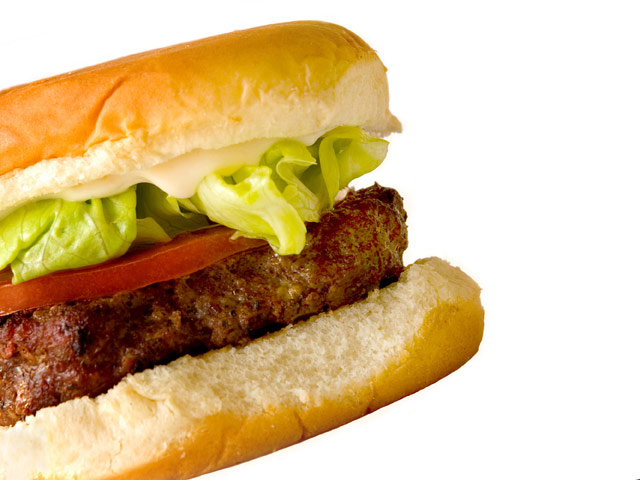Kids Prefer Meals in Fast-Food Wrappers

That which we call a Big Mac by any other name would not taste as yummy, according to a new study that found children favored the taste of food in McDonald’s wrapping to the same foods and drinks in unbranded packaging. "Kids don't just ask for food from McDonald's," said study co-author Thomas Robinson, director of the Center for Healthy Weight at Lucile Packard Children's Hospital. "They actually believe that the chicken nugget they think is from McDonald's tastes better than an identical, unbranded nugget." Robinson and his colleagues asked 63 children between the ages of 3 and 5 to sample chicken nuggets, hamburgers and French fries purchased from McDonald's and baby carrots and milk obtained from the grocery store. They divided each sample into two and wrapped half in McDonald's paper and the other half in similar packaging but without the fast-food brand’s logo. More children found the food in McDonald's packaging tastier than the food in plain wrapping—48.3 percent versus 36.7 percent for hamburgers, 59 percent versus 18 percent for chicken nuggets and 76.7 percent versus 13.3 percent for French fries. "It's really an unfair marketplace out there for young children," Robinson said. "It's very clear they cannot understand the persuasive nature of advertising." After asking the parents of the children surveyed to complete a questionnaire, the researchers found a direct correlation between the answers and the number of television sets in the house, in addition to the frequency with which the family ate at places such as McDonald’s. "We found that kids with more TVs in their homes and those who eat at McDonald's more frequently were even more likely to prefer the food in the McDonald's wrapper," Robinson said. "This is a company that knows what they're doing. Nobody else spends as much to advertise their fast-food products to children." McDonald's is estimated to spend more than $1 billion dollars per year on U.S. advertising. “These results add evidence to support recommendations to regulate or ban advertising or marketing of high-calorie, low-nutrient foods and beverages, or all marketing, that is directed to young children,” the authors write in the report published in the August issue of the journal Archives of Pediatrics & Adolescent Medicine.
- Video: Fat Hungry Brain
- The Big Fat Truth
- Nutrition Quiz
Get the world’s most fascinating discoveries delivered straight to your inbox.



